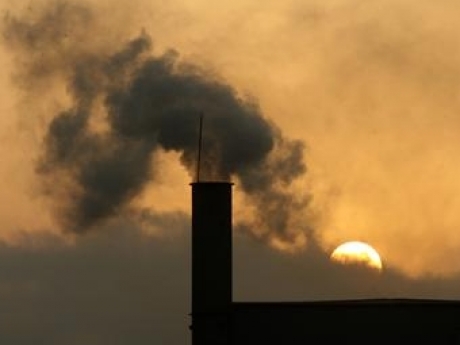Environmentalists in bruising battle over Prop 23

When Governor Arnold Schwarzenegger leaves office this year, one of the key areas where he will be remembered as having worked across the aisle will be in the field of environmental policy. That is, assuming his reforms survive intact.
But, this is an optimistic assumption, given the restlessness of the population, the broadly anti-liberal wave that is sweeping the country, and the economic anxiety that reacts like a hair trigger to even the slightest chance of job killing. And in Schwarzenegger’s case, these factors have combined to put forward a challenge to his signature environmental achievement – the emissions standards-raising bill AB 32 – whose fate will be ultimately decided this November thanks to a Proposition 23.
Proposition 23, or the “California Jobs Initiative,” would suspend AB 32 until the state’s unemployment rate drops to 5.5 percent or below for four consecutive quarters, and is rhetorically framed as an emergency measure meant to delay a potentially anti-growth policy until the economy picks up. However, this simple, prudent approach to the measure has been all but completely abandoned, as Proposition 23 has now become a bellwether both for the strength of California’s insurgent Tea Party movement and its already existent environmentalist establishment. As such, perhaps aside from Proposition 19, the marijuana legalization bill, Proposition 23 is probably the most controversial measure on the ballot this election cycle, with endless recriminations flying back and forth between its supporters and opponents.
To some extent, this may be due to the polling done on the measure. According to a poll released by the Public Policy Institute of California, 43 percent of California voters oppose Proposition 23, while 42 percent support it, and 15 percent are unsure. The idea that environmental laws could come that close to failing in any poll in California is obviously cause for consternation, and so it makes sense that the environmental activists that have found a home in California politics for so many years might be feeling a little panicky.
However, a Reuters/Ipsos poll shows the measure failing by a margin of 12 points. But, even this poll carries a note of caution – the measure is failing not because of its anti-environmental impact, but because residents of the Golden State are unsure whether it would actually help the economy. Opponents of the bill have arguments here - they point in particular to the boom of clean energy and green technology investment in California which has entered the state following AB 32 – but it’s not home turf for most environmentalists.
One sees this in the endless number of ad hominem attacks which anti-Proposition 23 activists have been slinging at the measure’s backers, rather than addressing the substance of their claims. While such an approach might’ve worked in other elections, it’s failing in this one because people are more concerned about the possibility of lost jobs than attacking big corporations.
Even more challenging to environmentalists, the people supporting Proposition 23 have calibrated nearly all of their arguments to appeal to economic interest. And, whatever their motives, the measure does have powerful and rich backers who can get saturate the state with that message prior to November. Thus, Proposition 23 is poised to be even more of a dogfight as the election approaches. The measure may or may not pass, but it will certainly go down as one of the only times environmentalism was robustly challenged in the Golden State.



